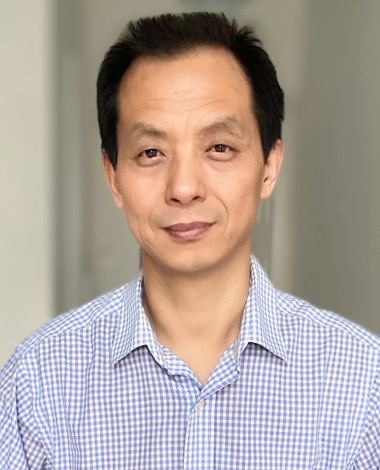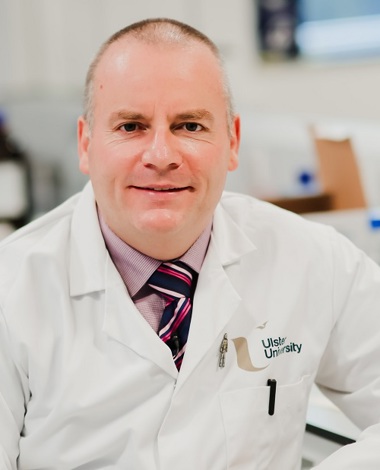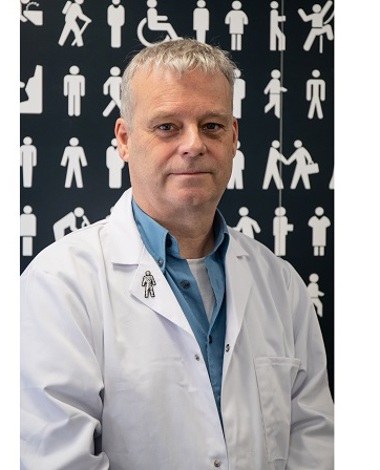Overcoming treatment resistance
Thanks to your support we were able to fund a fantastic team of researchers at Queen’s University Belfast, led by Professor David Waugh to find out what happens to prostate cancer cells when treated with radiotherapy, chemotherapy, or androgen deprivation therapy (a type of hormone therapy).
We know that treatments for prostate cancer can be very effective, but for some men the cancer can become resistant to treatment and start growing again. Through your support, our researchers set out to uncover exactly how prostate cancer cells become resistant to treatment and to find clever new ways to overcoming treatment resistance. The ultimate goal of this research was to discover ways to keep cancer under control for longer and extend the lives of men with prostate cancer.
The team made an exciting discovery while studying prostate cancer cells grown in the lab. They found that when cancer cells die, they send SOS signals that encourage neighbouring cells to grow and replace them.
Building on this knowledge, the team was able to test a “molecular headphone” approach, making neighbouring cells deaf to the SOS signals. This stopped them from replacing the dying cancer cells.

Thanks to your continued support, a world-leading clinical trial team at the Institute of Cancer Research, led by Professor Johann de Bono is now testing a new therapy in men, based on these discoveries.

From research idea to access for all


Idea
Despite responding well to treatment, we know that too many men will see their prostate cancer become resistant and start growing again. By understanding how prostate cancer cells respond to treatment, researchers hope to find new ways to keep the cancer under control for longer.

Lab research
A fantastic team of researchers at Queen’s University Belfast, led by Professor David Waugh, treated prostate cancer cells grown in a lab with different treatments. They looked closely at how the cells responded and discovered that when some cells were killed by treatment, they sent out signals encouraging the surviving cells to grow. The researchers then worked out a way to block the SOS signals.

Clinical trial
A team of researchers at Queen’s University Belfast, worked alongside world-leading clinical trialists, led by Professor Johann de Bono at the Institute of Cancer Research, to test the new treatment. The trial results presented in 2023 were exciting. For some men, the new treatment shrank tumours, drastically lowered PSA levels, and reduced the number of cancer cells circulating in their blood.

Approved for use
The first clinical trial showed that men who received the new drug alongside enzalutamide experienced no serious side effects. Building on this research, the team is now running a second trial to test a new drug that targets a second receptor, helping to more effectively dampen the SOS signals

Access for all
Results from early studies in men are very promising and could offer a whole new way of treating men with advanced prostate cancer. The next steps are to take the clinical trial further and to test this new treatment in larger groups of men. This will help ensure the new treatment is safe and to identify which men will benefit the most.
If you want to know more, you can watch the team explain their research in this webinar.
What's next?
We’ve continued to fund ambitious and transformational research. One of our latest projects includes an exciting new approach that uses tiny bubbles to deliver drugs directly into cancer cells.
Help us fund more lifesaving research like this...
Your support helps us fund pioneering research, so we can work towards a future where men's lives aren't limited by prostate cancer.




